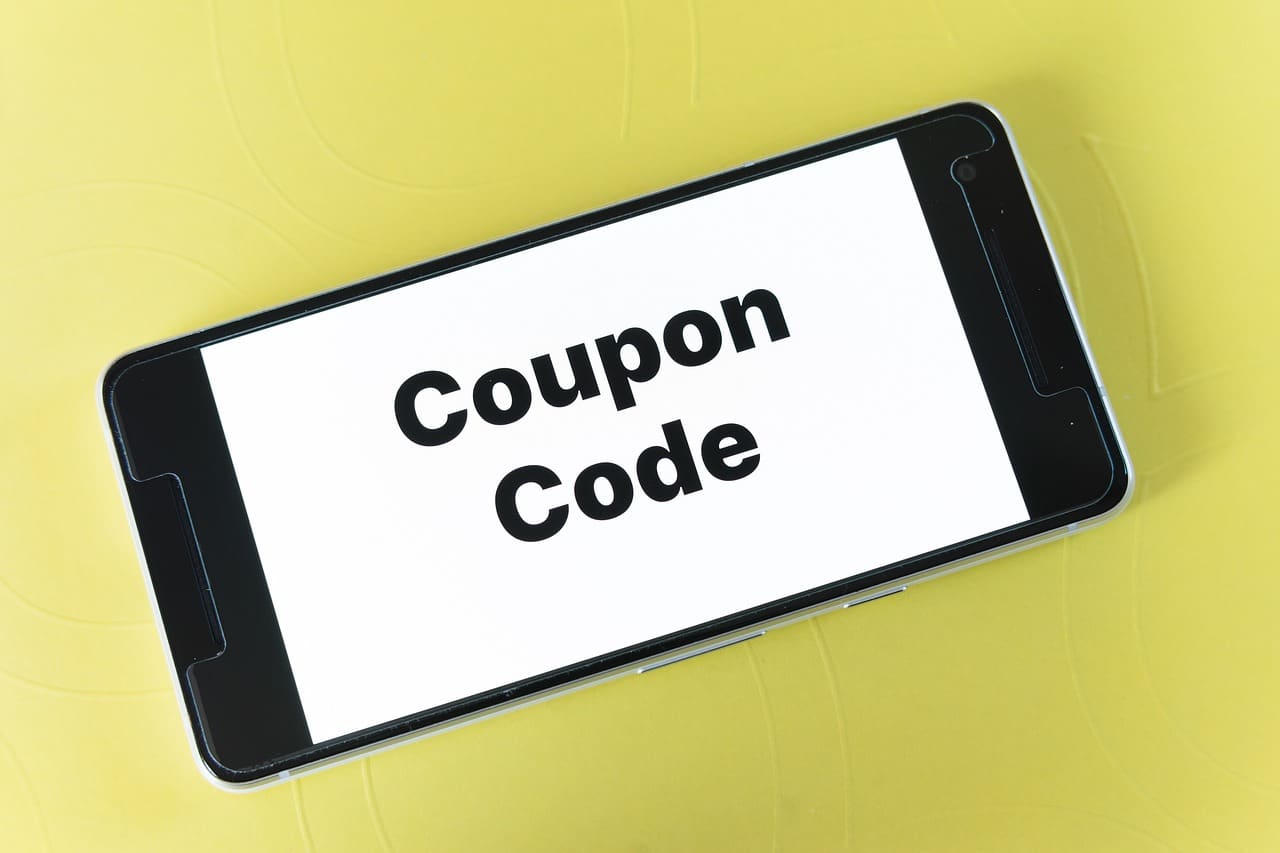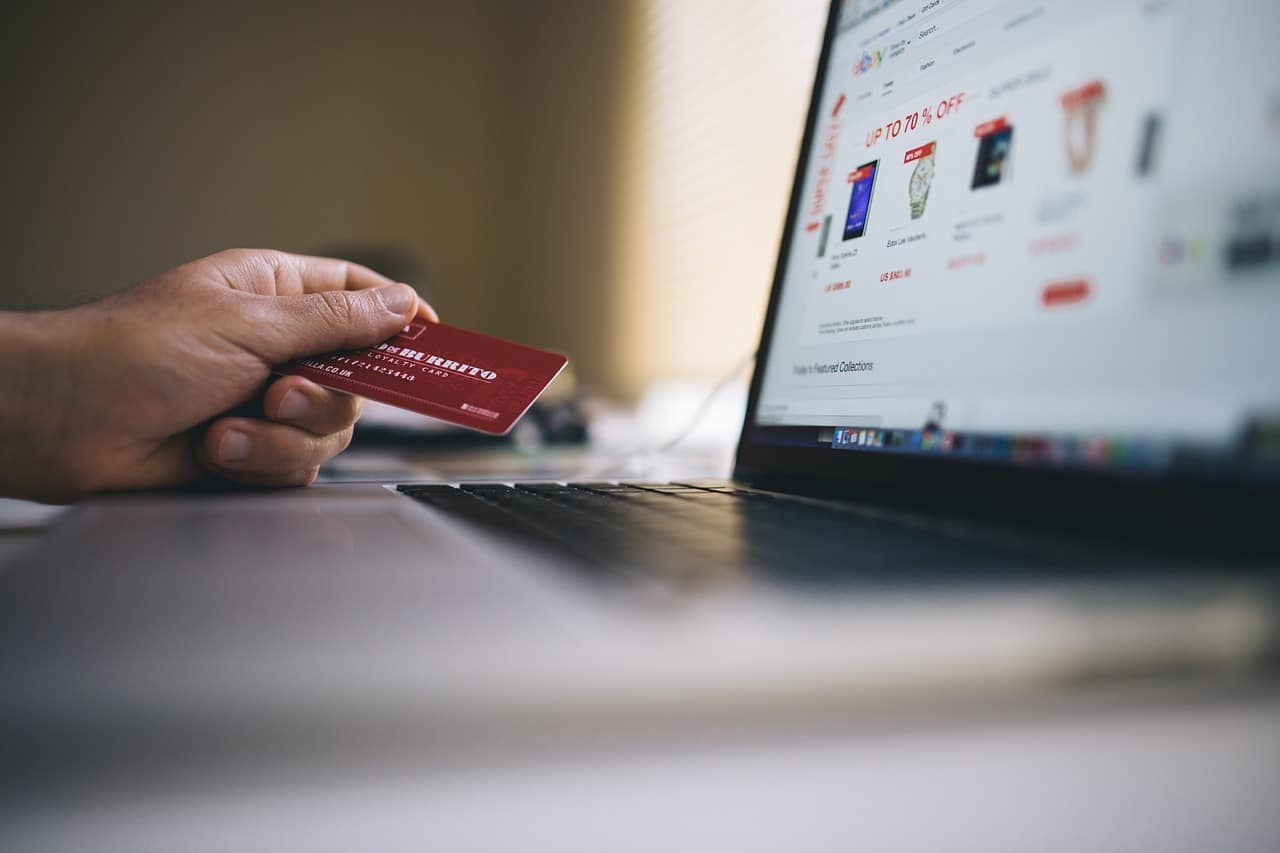
A coupon allows you to access benefits when making a purchase.
A coupon is a notice that is cut out of a publication and that the user must present in a store to access some benefit . The term derives from the English language, more precisely from the word couper (which can be translated as "cut" ), and is commonly used in the field of commerce and marketing .
Coupons can be used to obtain a discount on the purchase price , participate in a raffle or take advantage of some type of offer or promotion . They can be found in magazines , newspapers , brochures , catalogs and other types of publications. For example: “We can use the discount coupon and go to dinner at the Italian restaurant,” “Yesterday, in the newspaper, there was a coupon to buy clothes at a special price at the shopping center,” “This coupon allows us to buy two tickets from cinema at the price of one.”
Coupon in packaging
It is possible that the coupon appears on the packaging of a product . In this way, the consumer is encouraged to purchase the product in question and have an additional benefit. A beer brand, to name one possibility, can include a coupon on the label that allows you to buy another bottle at half price (which invites the customer to continue purchasing products from the same brand since they get a discount ).
This type of initiative drives an upcoming sale of a product that the consumer has already chosen on a previous occasion . If the buyer chooses the item in question again, he or she gains savings because, at the time of payment, he or she will pay less than those who do not have the coupon.
It can be said that including a coupon on the product's packaging itself aims to build loyalty . It is a benefit for those who frequently buy this merchandise, although it can also be a factor that invites them to make the purchase for the first time.

There are coupons offered to social media followers.
online service
Nowadays, the practice of clipping coupons from a publication is not so common. Many of the coupons are offered over the Internet and the buyer only has to display them from a smartphone or enter the code in an online store.
There are websites that offer their users a wide variety of coupons, usually virtual, to access significant discounts at various online businesses or even in a physical store. It is worth mentioning that the creativity of some entrepreneurs has given rise to different formats and types of promotions .
On the one hand, it is common to find portals in which you can access several coupons with very specific discounts, focused on a particular brand or on products that have already enjoyed a certain popularity, all organized by store, so that each user Look for the trade first and then you can review what benefits are available at that particular time.
Searching for a coupon
Many people tend to go to the various sites that offer this coupon service before completing a purchase, looking for a coupon that will reduce spending, since they never know if there is a discount for their favorite product that allows them to save 75% , For example. Thanks to the power of the Google search engine, it is not necessary to enter each portal separately, but it is enough to do a general search such as "discount coupon" plus the name of the business that interests you.
Of course, this doesn't always work as we expect. Logically, each coupon has an expiration date, or a maximum number of uses, and the sites that offer them do not always give this information clearly. On the other hand, it is not usual for the user to read the terms and conditions of the service carefully. So many times you find expired coupons and you only notice this when you try to use them; On the other hand, to minimize this risk, it is normal to have the possibility of rating the effectiveness of the coupon and leaving a comment to describe the experience. Customer reviews, thus, serve as a guide or function as a warning.

Coupons are popular when making an online purchase.
direct marketing
Some companies choose to send the coupon or promotional code to their customers directly, so that the benefits remain within a very closed circle. This has its clear benefits, especially if there is tangible satisfaction that draws the attention of potential users. However, many experts assure that the investment involved in offering occasional discounts to anyone who happens to come across a coupon is more beneficial, since the surprise effect generates a very positive impact on the customer .
In any case, the use of coupons is a common direct marketing tool. One possibility is that the company invites you to receive a newsletter or promotions by email, with which the user finds the coupons in their email box thanks to the subscription . Many times coupons are personalized thanks to the possibilities offered by current technology: thus, a person can access a discount coupon to use in a supermarket on their birthday, to mention one possibility.
The coupon associated with other promotions
The coupon may be associated with other promotions, acting as a complement. An affiliate program or rewards program that is based on the accumulation of points or miles can provide coupons to its members to provide an extra benefit.
There are also coupons linked to dates that promote e-commerce, such as Cyber Monday or Black Friday . In these cases, the coupon can be given before the discount day as an incentive to join the day or offered as additional recognition to the buyer for later use.
Other uses of the term
Coupons can also be documents that prove or certify something . In this sense, a coupon can be the piece of a debt security that is cut out to be presented when interest is collected or the receipt that shows that a person has purchased a lottery ticket.
Let's take the case of a policy . Upon receiving the documentation of their contract, an insurer's client can find the payment coupons corresponding to each installment. This way, every time you have to pay one of these fees, you have to present the coupon, which includes a barcode so that the collector can use a scanner and automatically record the amount to be paid. Once paid, the coupon is stamped and serves as proof of payment.
